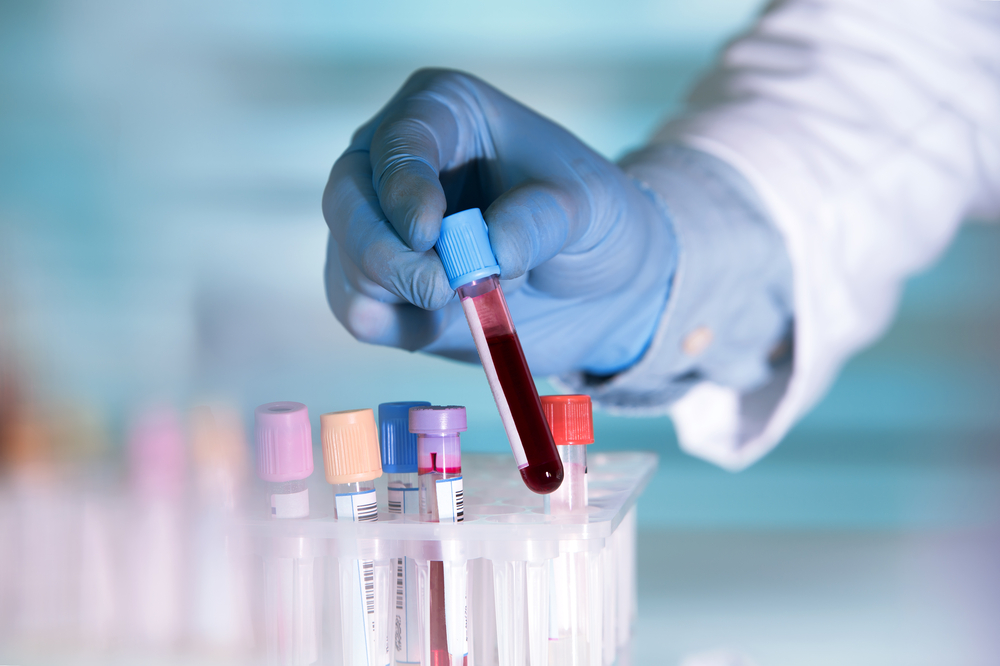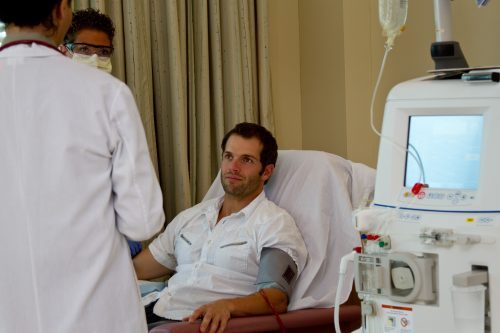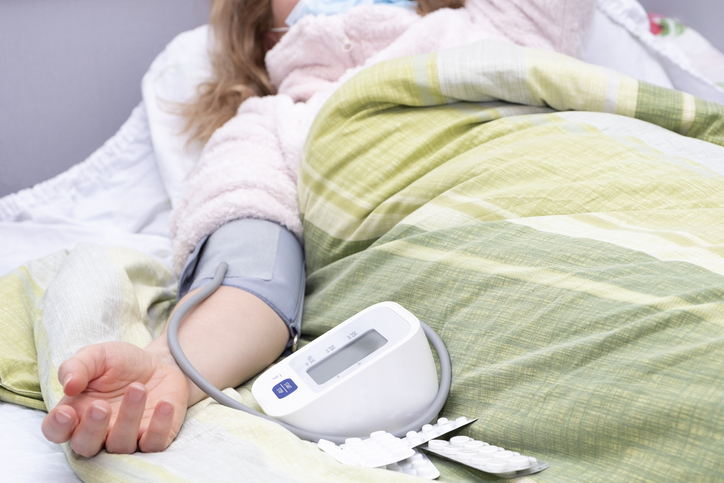
Cardiac surgery-associated acute kidney injury (CSA-AKI) after cardiopulmonary bypass (CPB) is a serious problem. Xosé Pérez-Fernández, PhD, MD, and colleagues conducted a double-blind, randomized clinical trial to determine the efficacy of extracorporeal blood purification (EBP) in reducing CSA-AKI.
Participants comprised adult patients of two Spanish tertiary hospitals undergoing nonemergent cardiac surgery and at high risk for CSA-AKI. They were enrolled from June 15, 2016, through November 5, 2021, with follow-up data through February 5, 2022. Of an initial 1,156 patients, 343 were randomized to either EBP (n=169) or standard care (n=174). The mean (SD) patient age was 69 (9) years, and 119 patients were female. The primary study outcome was the rate of CSA-AKI in the seven days after randomization.
The prevalence of CSA-AKI was 28.4% (95% CI, 21.7%-35.8%) in the EBP group and 39.7% (95% CI, 32.3%-47.3%) in the standard care group (P=.03). The adjusted difference was 10.4% (95% CI, 2.3%-18.5%) using a log-binomial model (P=.01). No significant differences were observed in most of the predefined clinical secondary endpoints or post hoc exploratory endpoints.
A sensitivity analysis found EBP to be more effective at reducing CSA-AKI in patients with chronic kidney disease (CKD), diabetes, hypertension, low left ventricular ejection fraction (<40%), and lower body mass index (BMI; <30). No differences were seen between the EBP and standard of care groups regarding adverse event tracking.
In summary, there was a significant reduction in CSA-AKI within the first seven days after cardiac surgery when a nonselective EBP device connected to the CPB circuit was used.
Source: JAMA.







 © 2025 Mashup Media, LLC, a Formedics Property. All Rights Reserved.
© 2025 Mashup Media, LLC, a Formedics Property. All Rights Reserved.